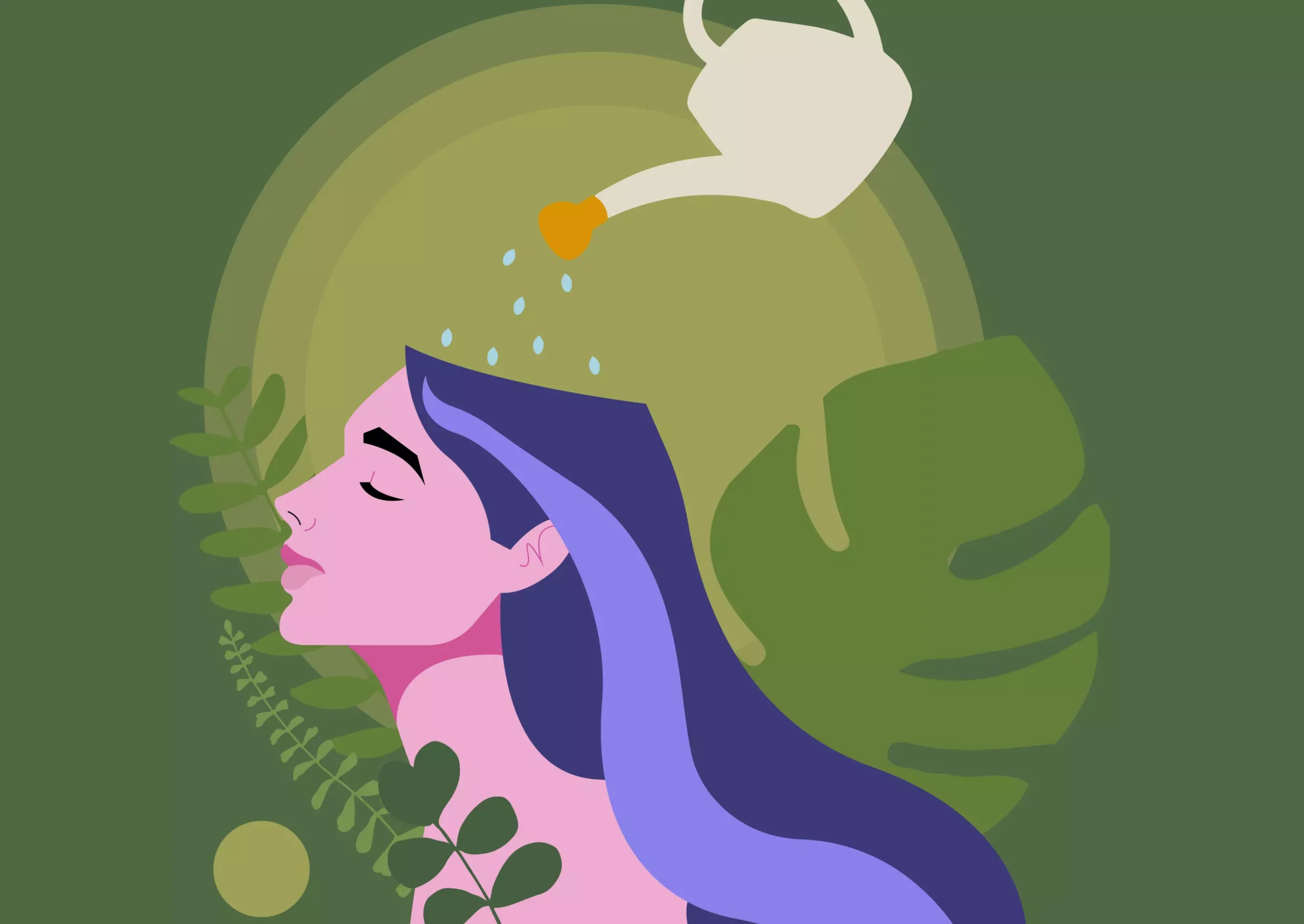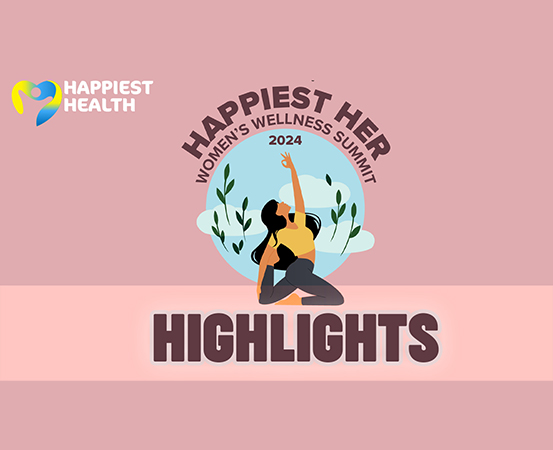As a subject, mental health is largely ignored or only inadequately addressed. Gender discrimination ensures the approach is even more unsatisfactory when the problem concerns women. Right from research and treatment to care and protection, women’s mental health remains a neglected area.

Mental health and gender inequality
According to ‘Uncovering the hidden impacts of inequality on mental health: a global study’, which was published in 2018, there exists a significant correlation between gender inequality and gender disparities in mental health. This study — by Shoukai Yu of Harvard T H Chan School of Public Health, Harvard University, Boston, US — investigated established facts that women are nearly twice as likely as men to suffer from mental illness.
Mental health issues have many ramifications. Statistics suggest that the economic cost of mental disorders is more than 4 per cent of the world’s gross domestic product, depression is a major cause of disability and at least 8,00,000 deaths by suicide occur every year.
So, experts say it is pertinent to discuss and address women’s mental health issues. Women and men are not only different physically, but also in their psychological make-up. Their brains are “wired” differently, as scientists say.
Both the genders communicate, deal with relationships, express their feelings and react to stress differently, according to a 2015 study, ‘Women and mental health in India: An overview’. The study was done by Savita Malhotra and Ruchita Shah from the Department of Psychiatry, Post Graduate Institute of Medical Education and Research, Chandigarh, India.
What ails women’s mental health?
A 2017 study on mental health said an estimated 792 million people live with a mental health disorder – this is slightly more than one in 10 people globally (10.7 per cent).
According to the McLean Hospital, a psychiatric hospital in Massachusetts, US, some common mental health issues faced by women are:
- Depression
- Anxiety, phobias and panic disorder
- Post-traumatic stress syndrome
- Suicide attempts
- Eating disorders
Symptoms
According to the National Institute of Mental Health, an agency for research on mental disorder in the US, some of the mental health symptoms among women are:
- Long spell of sadness and hopelessness
- Misuse of alcohol and/or drugs
- Changes in eating or sleeping habits
- Sudden weight gain or loss
- Feeling of fatigue
- Experiencing fear and anxiety
- Mood swings
- Experiencing body aches, headaches and digestive problems
- Social withdrawal
- Suicidal thoughts
Make time for yourself
“We need to pay attention to women’s mental health,” Kolkata-based mental health professional Sudeshna Ganguly told Happiest Health. “It is as important as physical health. If women are mentally and physically sound it would help us to create better and healthier families, societies and nations.”
Ganguly, who conducts mental-health workshops for corporates, advises all her women clients to indulge in self-love. “First, women should love themselves,” she said. “They should take good physical, mental and spiritual care of themselves. Most women around us are busy taking care of their families and children. A lot of them are working women too. They hardly have time to take care of themselves, and it is one of the causes of deteriorating mental-health conditions among the female population.”

















